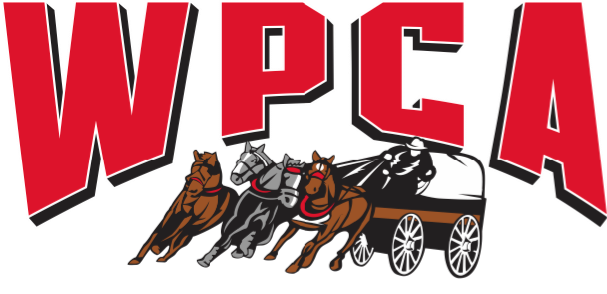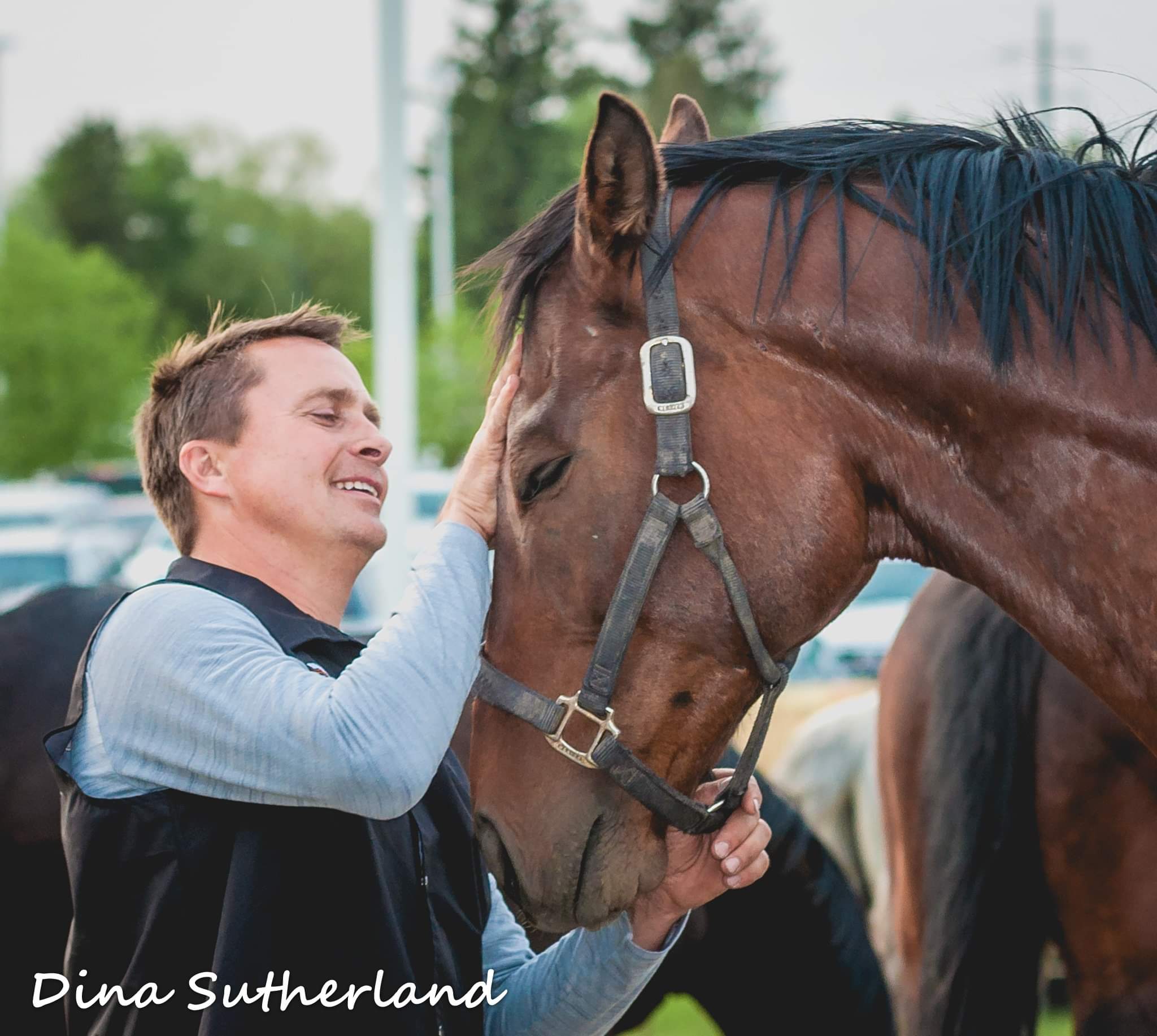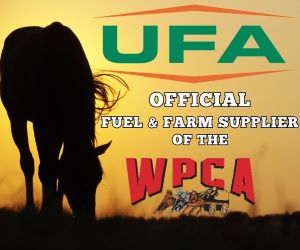The health of the horses is the key component of their welfare. Horses in the WPCA are regularly assessed for health and fitness relative to the activities they perform. WPCA drivers manage the health of their horses through appropriate nutrition, housing and shelter, and disease detection, prevention and treatment.
The World Professional Chuckwagon Association CODES OF CARE are standards implemented based on science, regulations and recommendations.
The Codes of Care focuses on the wellbeing of the horses and are reviewed and updated as required.
VET CARE
A veterinarian follows the WPCA from show to show and is on site 24/7 to assist with the health of the horses and provide medical care if required.
- A minimum of two veterinarians must be present during all heats
WATER
Water is the single most important nutrient in the health management of horses.
The WPCA requires every horse to have access to a sufficient supply of potable water to meet it’s individual maintenance and activity needs.
Horses are provided access to water in their stalls and turn out pens during rest periods. Water may be pulled before competition.
Generally, the minimum daily amount of water required by horses at maintenance and in a moderate environment (i.e. 5°C-20°C) is 5L (1.32gal) of water for every 100kg (220lbs) of body weight (3).

The amount of water the horse needs will go above this minimum with:
• increased humidity
• increased ambient temperature
• increase in the horse’s metabolic activity level
• the presence of some health conditions (e.g. diarrhea)
• a diet high in salt or potassium

FEED AND DIET
Feed is provided on a regular daily schedule
Horses require good quality feed. Good overall feed management includes providing feeds that are safe and that meet the nutritional and behavioural needs of horses. Good quality forage (hay or pasture) forms the bulk of the diet for the horses.

Horses are provided a diet that is formulated to maintain their heath and vigor and meet the needs of their performance expectations.
The daily ration addresses the horses maintainence, activity needs and other factors relevant to individual horses and the environment
A veterinarian is follows the WPCA Pro Tour to assist with meeting the horses health obligations.
HOOF CARE
Thoroughbreds are born to run.
The Thoroughbred is a prime example of the consummate athlete, racing at top speeds. But to satisfy this need for speed, the horse must have a strong foundation on which to gallop—we’re talking about his hooves.
Performance is directly related to the hooves. During the WPCA race season a horses hooves will be trimmed every three to four weeks because of the high speeds at which they work.

All horses in the WPCA wear horse shoes to protect their hooves from wear and to help provide balance.
Along with the drivers who are trained to trim and shoe their horses hooves, there are 5 farriers who travel with the WPCA to ensure all horses hooves are properly cared for.
DENTAL CARE
Horses have their teeth examined and receive appropriate dental care as needed. Proper dental care helps horses eat better, perform better and be healthier.
TRAINING AND COMPETENCY
It is the responsibility of all handlers and caregivers to have due regard for the welfare of the horses at all times. All wagon drivers are responsible for the training of handlers and caregivers in the proper care and humane handling of the horses.







